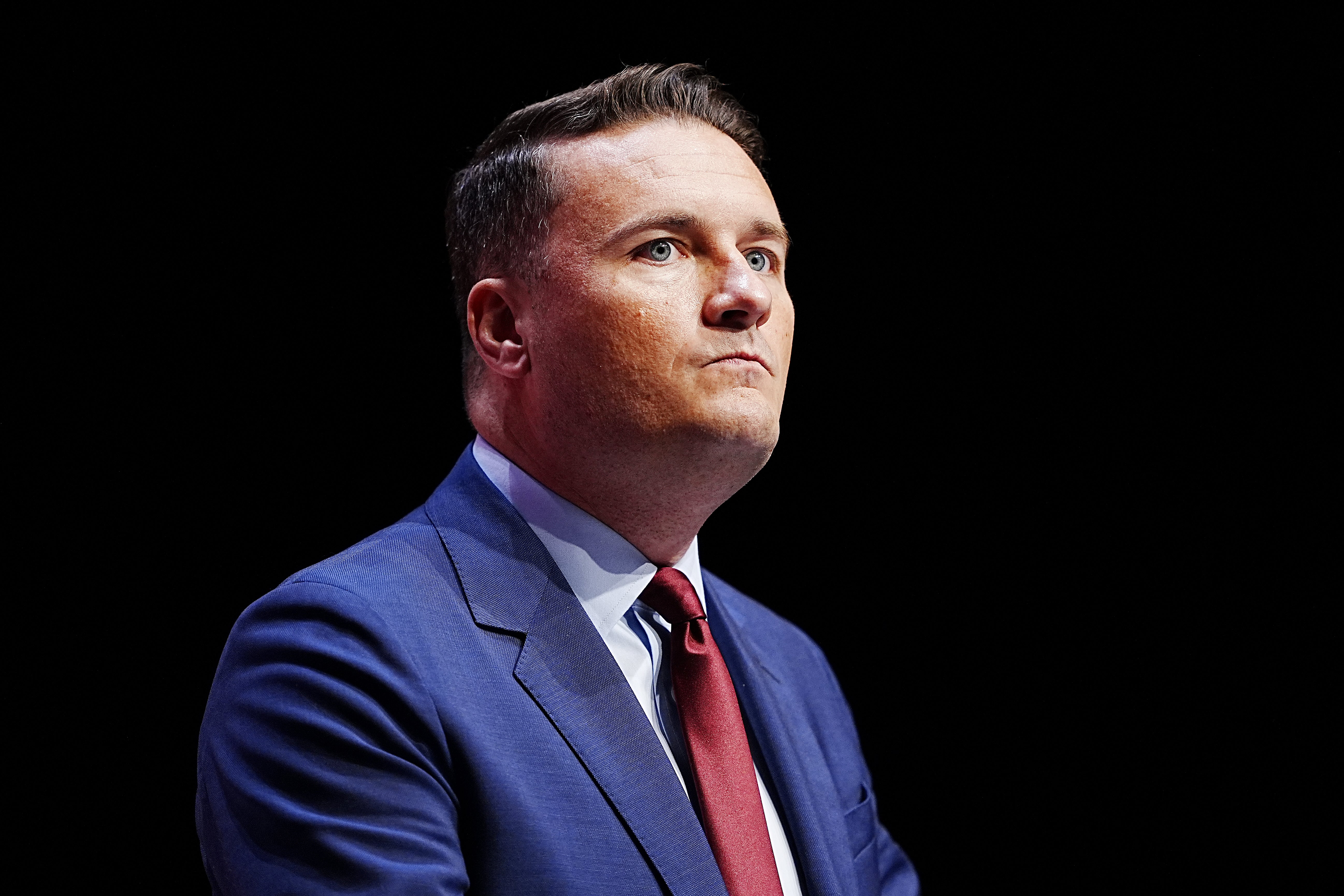
One in five hospices in England have a deficit of more than £1 million, while many are cutting services, according to new data.
Hospice UK said short-term Government funding has helped plug some gaps but the sector is still majorly struggling due to a lack of cash.
Some 57% of hospices in England ended the last financial year (2024-25) in deficit, with a fifth having a deficit of more than £1 million.
Hospice UK is now calling for full Government funding of specialist palliative care provided by hospices as well as other measures to ease the burden.
Its chief executive, Toby Porter, said: “We’ve been ringing the alarm on hospice funding for some time, yet too many hospices are still struggling to cope with the rising cost of providing their essential care.
“Sixteen hospices have already made significant service cuts, and our data shows two in five of all UK hospices are planning to make cuts this year.
“This cannot continue, we need a long-term solution to hospice funding to ensure dying people get the care they need.
“This starts with full funding of specialist palliative care provided by hospices.
“With assisted dying on the horizon this could not be more pressing. The time to fix hospice funding is now.”
Hospice UK is neutral on the issue of assisted dying.
However, it believes no person should feel they need to choose an assisted death over fears of not getting the care they need at end of life.
Its data shows that the proportion of hospices reporting a deficit has been steadily rising year on year, with 43% recording a deficit in 2022-23, rising to 62% in 2023-24.
The 2024-25 figure dipped slightly, but only due to the emergency £100 million of additional funding for English hospices announced by the Government in December, Hospice UK said.
Mr Porter said: “We hugely appreciated the additional short-term funding Government awarded to hospices in late 2024. This was a significant help.
“But unless there is bold, long-term change to how hospices are funded by the NHS locally, hospice services will inevitably fall back, even though demand for them is rising due to our ageing population.
“This will run directly counter to the vision for more care in the community laid out in the Government’s 10-year health plan, even though hospices have the expertise to deliver it.”
Hospice UK’s four-point plan for hospice funding includes full Government funding of specialist services, proper NHS contracts for hospices, and funding to cover the cost of NHS pay rises for hospice staff.
Jeremy Lune, chief executive of Prospect Hospice in Swindon, said that, rather than growing services, it has “had to make reactive cuts over the last two years, including closing beds and limiting the number of people that we can support in the comfort of their own homes as they near the end of their lives”.
It comes as three MPs have written to Health and Social Care Secretary Wes Streeting highlighting “devastating” funding cuts to a hospice in Cambridgeshire.

Cambridgeshire Liberal Democrat MPs Pippa Heylings, Charlotte Cane and Ian Sollom have also launched a petition urging Mr Streeting to save beds at Arthur Rank Hospice.
They warned that the hospice is facing a £829,000 funding deficit due to the withdrawal of a long-standing funding contribution from the local hospitals.
This could mean the hospice needs to reduce capacity by 40%, the MPs warned.
In their letter to Mr Streeting, they said: “We are writing to you with deep concern regarding the devastating funding cuts that threaten the future of Arthur Rank Hospice in Great Shelford.
“The loss of this funding will mean that more than 200 patients a year will no longer have the option of being cared for in the hospice.
“Instead, they will die in hospital wards already under immense strain, without the privacy, expertise and the comfort that Arthur Rank provides.”
Chief executive of the hospice, Sharon Allen, has described the cuts as “truly heartbreaking”.
“Essentially, this now means that over 200 people a year will no longer have the option of being cared for in the comfort of our hospice and instead will sadly be dying in a busy hospital without the level of privacy for lasting memories, nor the expertise and outstanding care provided by our experienced, compassionate palliative care nurses,” she added.
Steve Smith, chief executive of St Christopher’s Hospice in London, said: “These persistent funding challenges are coming as more families than ever are turning to their local hospice for help.
“Here in south London alone, our referrals increased by 11% last year and our community teams made more than 25,000 home visits, which is an increase of 23% on previous years. And we’re expecting this demand to continue to increase as we support an ageing population.
“To provide the support our communities need we need a funding review.”
A Department of Health and Social Care spokesperson said: “This Government recognises the incredible work that hospices do across the country.
“Through our 10 Year Health Plan, we are working to make sure the palliative and end of life care sector is sustainable as we shift more healthcare out of hospitals and into the community.
“Our £100 million investment to improve hospice facilities is the biggest in a generation, and NHS England is also providing £26 million for children and young people’s hospices.”







